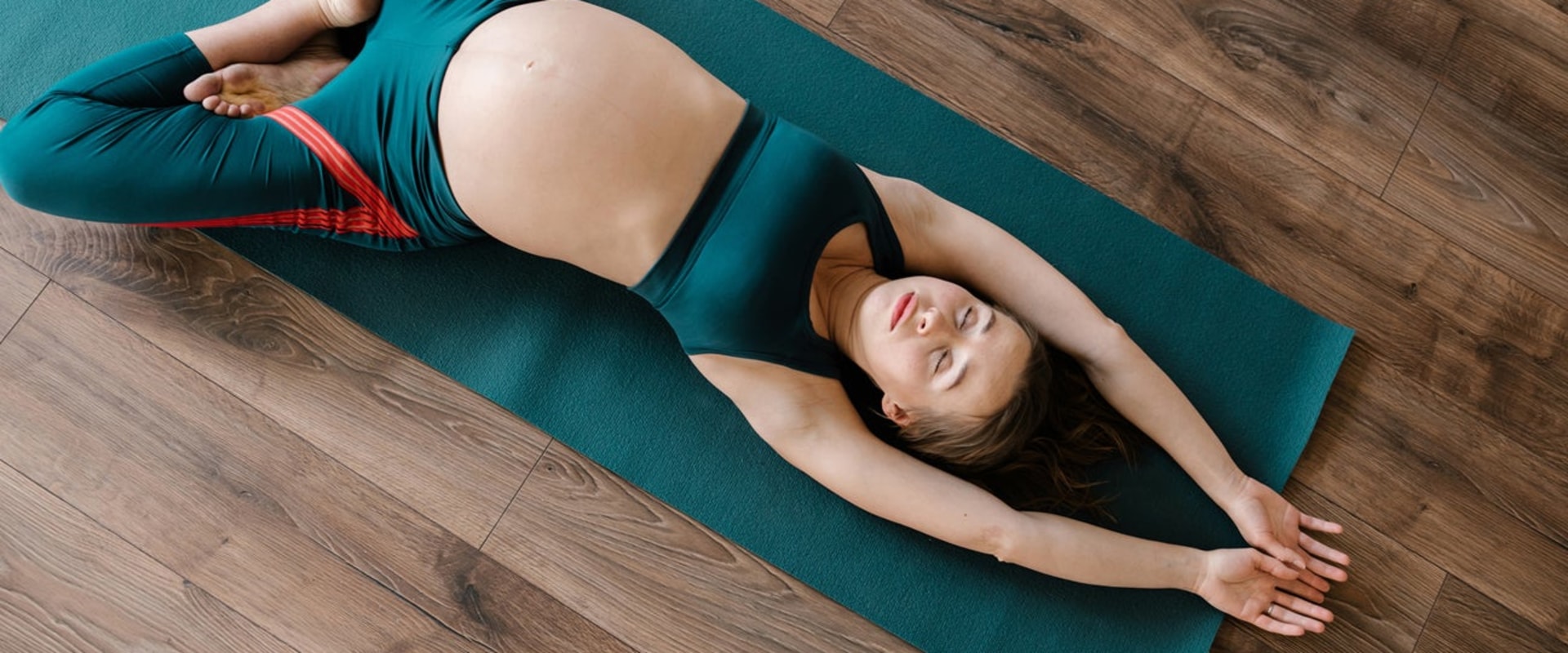Unfortunately, joint pain can last throughout the pregnancy, starting in the first trimester, due to hormonal changes (i.e., joint pain usually begins to be noticed in the second and third trimesters, as the growing baby gains weight over time). However, it is not uncommon for pregnant women to experience joint pain as early as the first trimester. If you start to notice severe joint pain from an early age, you should see a physiotherapist specialized in pregnancy who can help you find Stem Cell Injections near Beaufort County SC. Joint pain during pregnancy is common, especially during the third trimester, as the extra weight increases strain on the joints. Rest, supportive devices, and regular, gentle exercise can help ease pain.
If joint problems, pain, or fatigue diminish a woman's ability to care for her baby, she may feel like she's not an appropriate mother. You may feel that way, especially when your arthritis worsens. It's important for women with arthritis to remember that they are able to care for their children, but that they may need help. Accepting help doesn't make anyone less of a mother; it simply means that they are accepting responsibility for the well-being of their children. Knee joint Extra weight gain from pregnancy can also increase pressure on the lower body and cause knee pain.
Low back pain (lower back) Low back or low back pain is one of the most common joint ailments during pregnancy and, if left untreated, can become a serious health problem in the future. While you may feel pain everywhere, certain areas of your body experience more joint pain during pregnancy. Joint pain during pregnancy is also common when other lifestyle factors contribute to joint pain. While joint pain may be a typical part of pregnancy, people should talk to their doctor if they feel severe or sudden pain. A person can also talk to their doctor about joint pain for more advice on treatment options and safe ways to manage pain.





